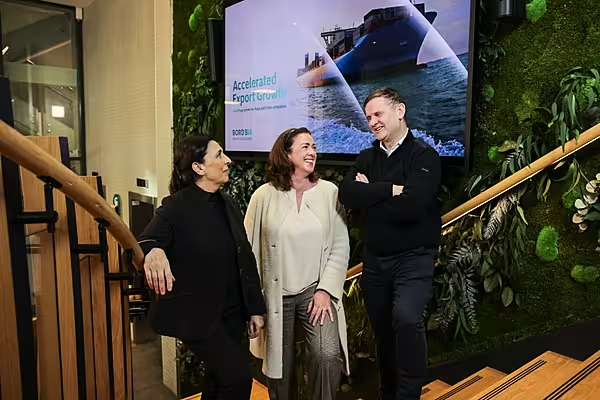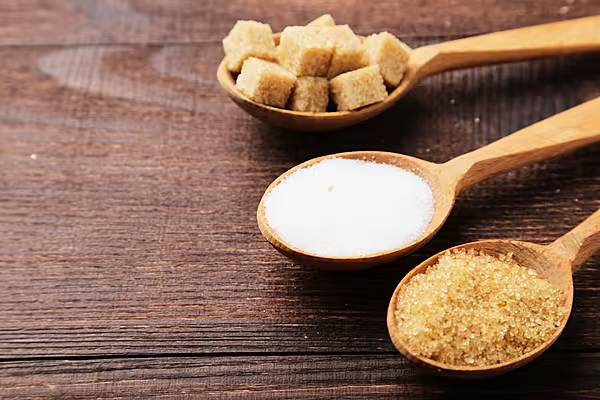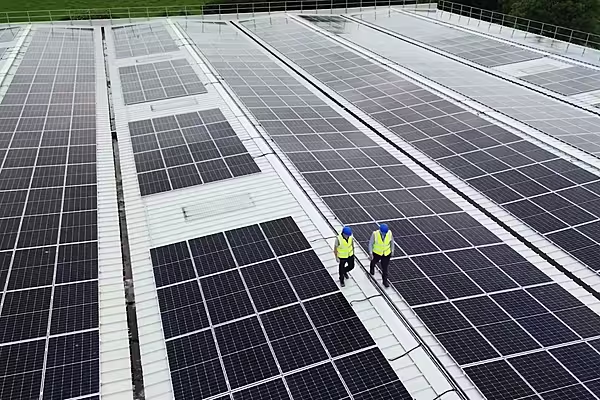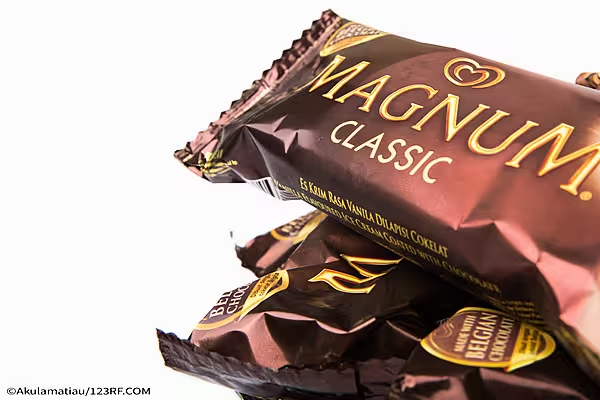Buyers and sellers of specialty coffee, increasingly worried about future supplies of high quality beans, are finding new ways to price their coffee after benchmark U.S. futures hit a 13-year-low in late 2018.
Specialty coffees are usually priced at a premium to the benchmark, leaving specialty growers vulnerable to volatility in futures. And in the rare cases when specialty prices are not directly linked to futures, contracts are negotiated privately, so can be opaque and subject to the whims of producers or traders.
The Transparent Trade Coffee (TTC) platform, the brainchild of an Atlanta, Georgia, academic, is looking to change that by establishing benchmarks for specialty coffees. By creating new price reference points, the system insulates farmers from persistently low futures prices, eroding the link between specialty prices and futures, its developers say.
ICE U.S. arabica coffee futures settled at $1.0160 cents per pound on Friday, less than 10 cents above the 92-cent level hit in September that matched a 13-year-low. Futures prices have tumbled below the cost of production in many countries that grow specialty beans due to a record crop in Brazil, the world's most cost-efficient producer.
Demand for specialty coffee is growing. Specialist coffee shops accounted for about $60 billion in global sales in 2017, compared with $200 billion in overall coffee spending, according to Euromonitor International.
In the United States, 59% of coffee consumed in 2017 was specialty, compared to 40% in 2010, according to the National Coffee Association showed.
But, current prices are making it difficult for some specialty growers to stay afloat.
"Here in Kenya, farmers are switching to more lucrative crops" and abandoning coffee altogether, said Samuel Kamau, executive director of the African Fine Coffee Association.
Generic-Grade Coffee Increase
Production in Kenya and several other countries known for specialty coffee has declined as output from mega-producers like Brazil, which primarily grow generic-grade coffee, has increased.
The TTC already has significant support, as 21 roasters and importers have agreed to anonymously report prices for various specialty beans to the platform, which uses that data to create benchmarks for different beans. The pilot pricing guide was launched last week, and it has data representing 2.6 percent of all specialty beans traded in 2017-2018.
Though the initial list of participants is small, it includes some influential players, including Switzerland-based Sucafina, which works with 178,000 growers and handles 5 million to 6 million 60-kg bags of coffee each year, or a bit less than half of that of coffee giant Nestlé.
Current pricing practices are "limiting the specialty sector by choking off supplies of better and more interesting coffees," said Peter Roberts, the Atlanta-based Emory University professor behind the TTC.
More Lower-End Coffee
While this new information will be welcome as new data points, it is unlikely to soon replace futures-linked pricing, said Jack Scoville, vice president at Price Futures Group.
"There's still a lot more lower-end coffee than higher-end coffee out there," Scoville said. Because futures prices are the most important gauge of the market, that relationship "is never going to go away 100%."
But it is that very volatility in futures that has raised concerns in the market. After hitting a 12-1/2-year low of 92 cents a pound in September, arabica futures rose by 36% over the subsequent four weeks before tumbling back below $1, where they are hovering now.
The renewed weakness in pricing "makes it clear that the September dip wasn't just an isolated incident," said Peter Dupont, chief executive of Denmark-based roaster Coffee Collective, one of the participants, but "part of a longer trend - putting the future of specialty coffee at risk."
News by Reuters, edited by Donna Ahern Checkout. Click subscribe to sign up for the Checkout print edition.









